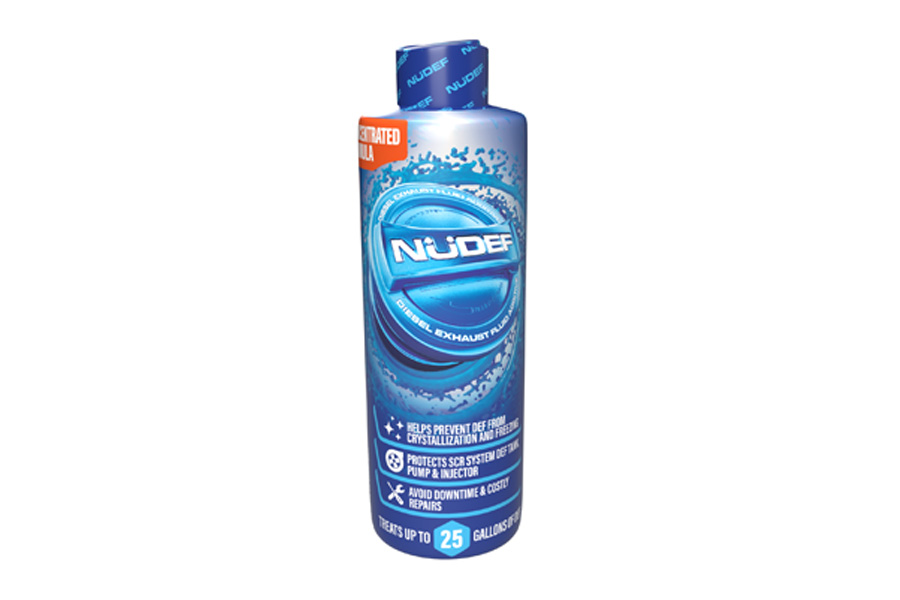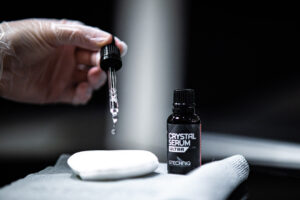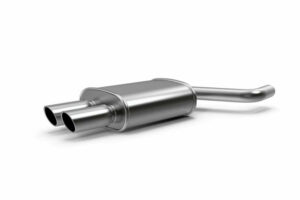Using DEF Stabiliser in Cold Weather: A Winterisation Guide for Truckers

Image Source: nudef.com
During the brutal months of winter, truck drivers have to check that every part of their rig hums like clockwork. One small-but-essential item that slips many minds is Diesel Exhaust Fluid, or DEF. When the temperatures drop, DEF can freeze solid or break down chemically, and that messes up the rig’s Selective Catalytic Reduction system. The good news is that a DEF stabiliser can head off those problems before they start.
In the guide that follows, we’ll explain why and how to add a stabiliser during winter so your engine stays legal, dependable, and smooth on the road.
Why DEF Needs Special Attention in Winter
DEF is made of 32.5 percent urea and 67.5 percent deionised water, and that precise mix is what cuts NOx fumes. Trouble is, any water-based fluid turns to ice, and DEF starts to set up around 12 degrees Fahrenheit, roughly 11 degrees Celsius.
When that happens, the SCR system might stop working. You could see warning lights, lose power, or grind to a halt. In the worst cases, a frozen or bad tank leaves you out of compliance and staring at fines or lost loads.
What Is a DEF Stabiliser?
A DEF stabilizer is a small additive that keeps the urea-water blend steady in brutal cold or while it sits on the shelf. It won’t stop the fluid from freezing solid:
- Keep urea levels where they should be
- Guard against chemical breakdown
- Stop crystallisation and outside debris.
- In plain terms, DEF stabiliser is about slowing spoilage, not merely stopping ice.
Benefits of Using DEF Stabiliser in Winter
Winter miles show why truckers rely on the product when cold hits:
· Protects Against Degradation
Icy and shifting temps can wreck urea, changing the fluid inside the tank. Stabiliser slows that clock and keeps the mix working.
· Maintains Emission Compliance
A sick DEF system throws DTCs, leaving vehicles open to spot-check fines.
· Extends DEF Shelf Life
Whether you top a bulk tank or carry emergency jugs, stabilisers stop spoilage during quiet spells.
· Reduces Maintenance Costs
Clean fluid equals clean SCR parts, so you dodge clogging, faulty sensors, and costly flush jobs.
Tips for Winterising DEF with Stabiliser
· Use the stabiliser before the first freeze
Early prevention pays. Pour it in during fall checks, not when temps plunge.
· Mix it properly
Follow the maker’s ratio- there is no sweet spot for guesswork. Too much waste product; too little lets trouble slip in.
· Store DEF Correctly
Keep DEF in a secured, UV-protected capsule, and store it indoors when possible. If it freezes, allow it to thaw naturally—never increase chemicals or heat directly.
· Label Stabilised DEF
If you stabilise DEF earlier, clearly mark the canister with the date and stabiliser used. This prevents join-ups, all the while, cold-weather maintenance.
Conclusion
For truckers braving cold highways, DEF stabiliser is a limited investment that can prevent important headaches. It helps maintain the value and effectiveness of your DEF, ensuring that your truck remains compliant, fuel-efficient, and operational even in the coldest months.
As part of your winter preparation checklist, don’t forget to include DEF stabiliser, because when temperatures drop, performance and agreement should never be left out in the cold.




